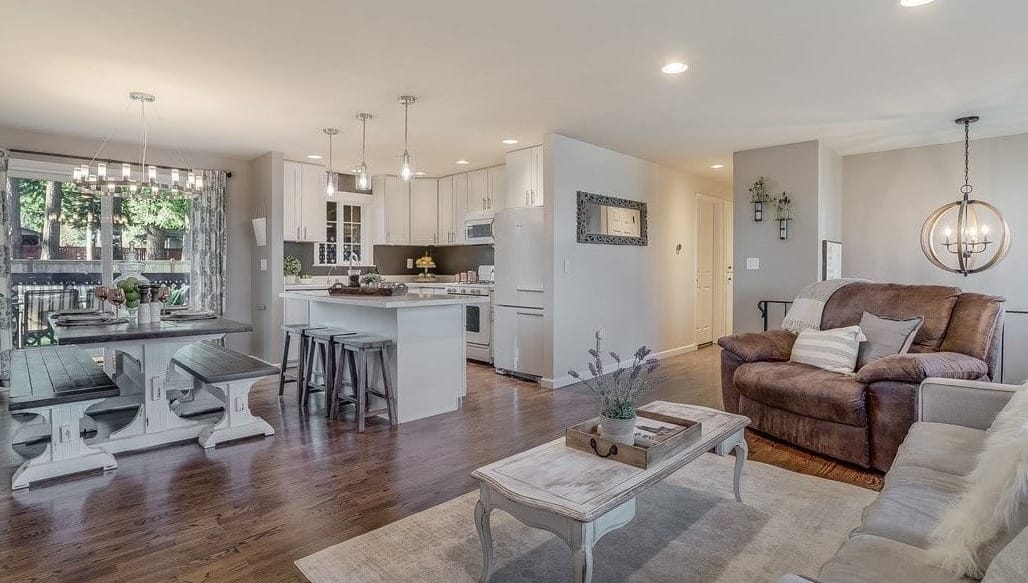Understanding No Deposit Apartments
No deposit apartments offer a unique rental solution for individuals looking to avoid the common financial hurdle of upfront deposit payments. Typically, these apartments waive the traditional security deposit requirement, making it easier for tenants to secure housing without the immediate financial strain.

How Do No Deposit Apartments Work?
The concept of no deposit apartments is based on eliminating or significantly reducing the initial sum renters must usually provide to secure a lease. Instead of a deposit, renters might be required to have a credit check, a guarantor, or engage in a different financial agreement such as paying a slightly higher monthly rent.
Another option some landlords use is an insurance policy that covers potential damages, for which tenants may need to pay a smaller monthly fee rather than a large upfront deposit. This allows landlords to still have some level of protection while providing renters flexibility.
Finding arrangements like these can help those who might be financially capable of paying rent consistently but lack the savings for a deposit.
Where to Search for No Deposit Apartments
Finding no deposit apartments can be a bit trickier than the typical apartment search. However, several resources and strategies can make the process more manageable:
- Online Real Estate Platforms: Websites like Zillow and Apartment Finder occasionally list no deposit options.
- Local Listings: Check out local newspapers, bulletin boards, and community websites that might feature direct postings from landlords.
- Networking: Utilize social media platforms and community groups to ask if anyone knows of no deposit opportunities in your area.
- Property Management Companies: Contact local property management firms that may have tailored programs or regular offers that include no deposit rentals.
Eligibility Tips
Even though a no deposit apartment can be more accessible, there are still criteria you might need to meet to qualify:
- Credit Score: Landlords may still require a credit check to ascertain your financial reliability. Working on improving your credit score can help you in securing favorable rental agreements.
- Proof of Income: You’ll likely need to provide evidence of a stable income to assure landlords that you can afford the monthly rent.
- References: Having solid references from previous landlords or employers could strengthen your application, particularly if your credit score isn’t strong.
- Guarantors: If your income or credit history is insufficient, having someone who can legally vouch for you may be necessary.
What to Watch Out For
While the allure of no deposit apartments is clear, there are a few potential pitfalls to be cautious about:
- Higher Rent: Some landlords may offset the absence of a deposit with higher rent. Be sure to do the math to ensure the no deposit model is financially beneficial in the long term.
- Hidden Fees: Read lease agreements carefully for any fees that might not be straightforward, such as maintenance fees or insurance requirements.
- Reputation: Research the landlord or property manager to make sure they have a good reputation. Online reviews and community feedback can be helpful.
- Lease Terms: Pay attention to the specific terms of your lease contract to avoid unfavorable conditions or automatic renewals that are difficult to break.
Conclusion
Finding no deposit apartments can be a lifesaver for many renters, offering a streamlined path to housing without the stress of a large upfront financial commitment. By knowing where to search, understanding the requirements, and being aware of possible downsides, renters can make well-informed decisions that suit their financial and personal needs.
For more insights, check resources like RentPrep for further advice and strategies on finding the best rental situation suited to your needs.

